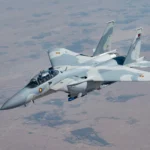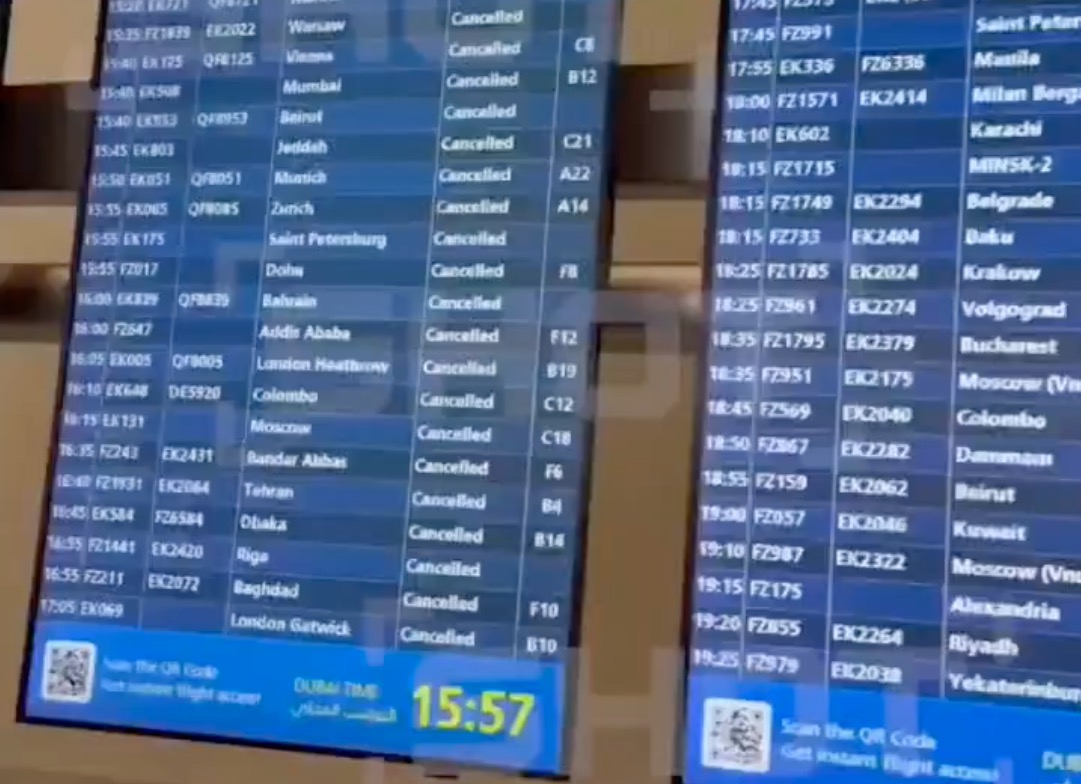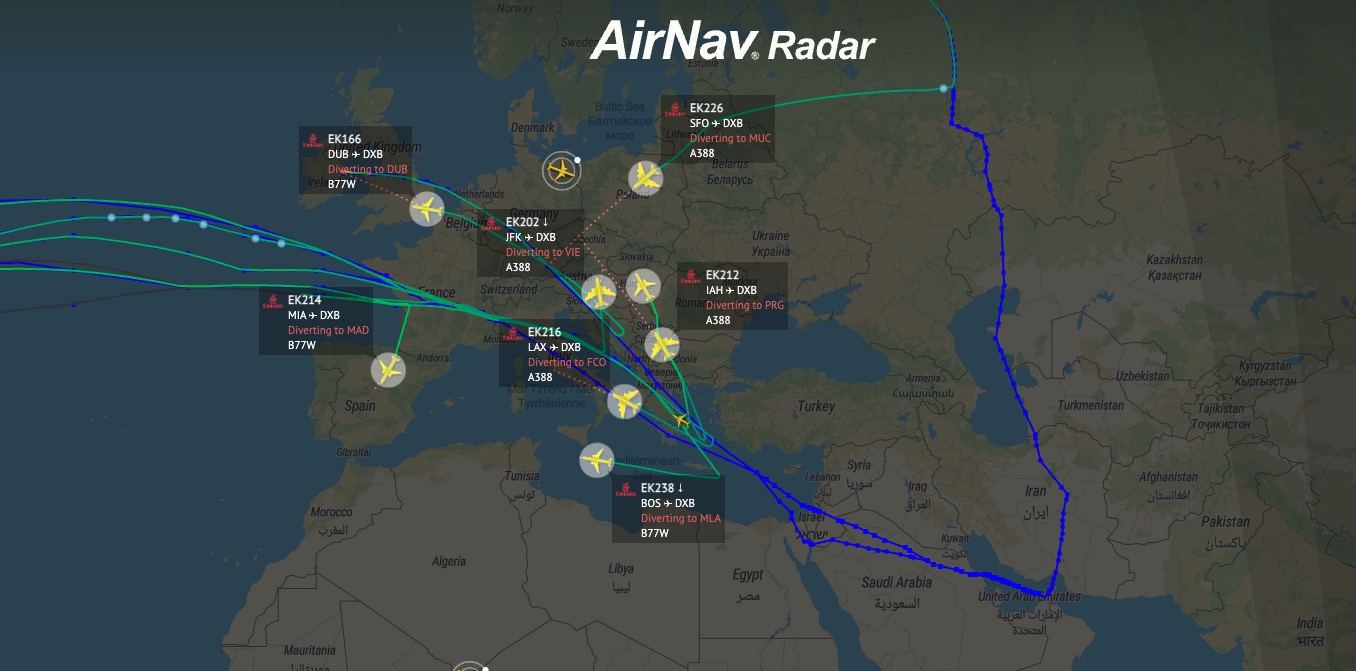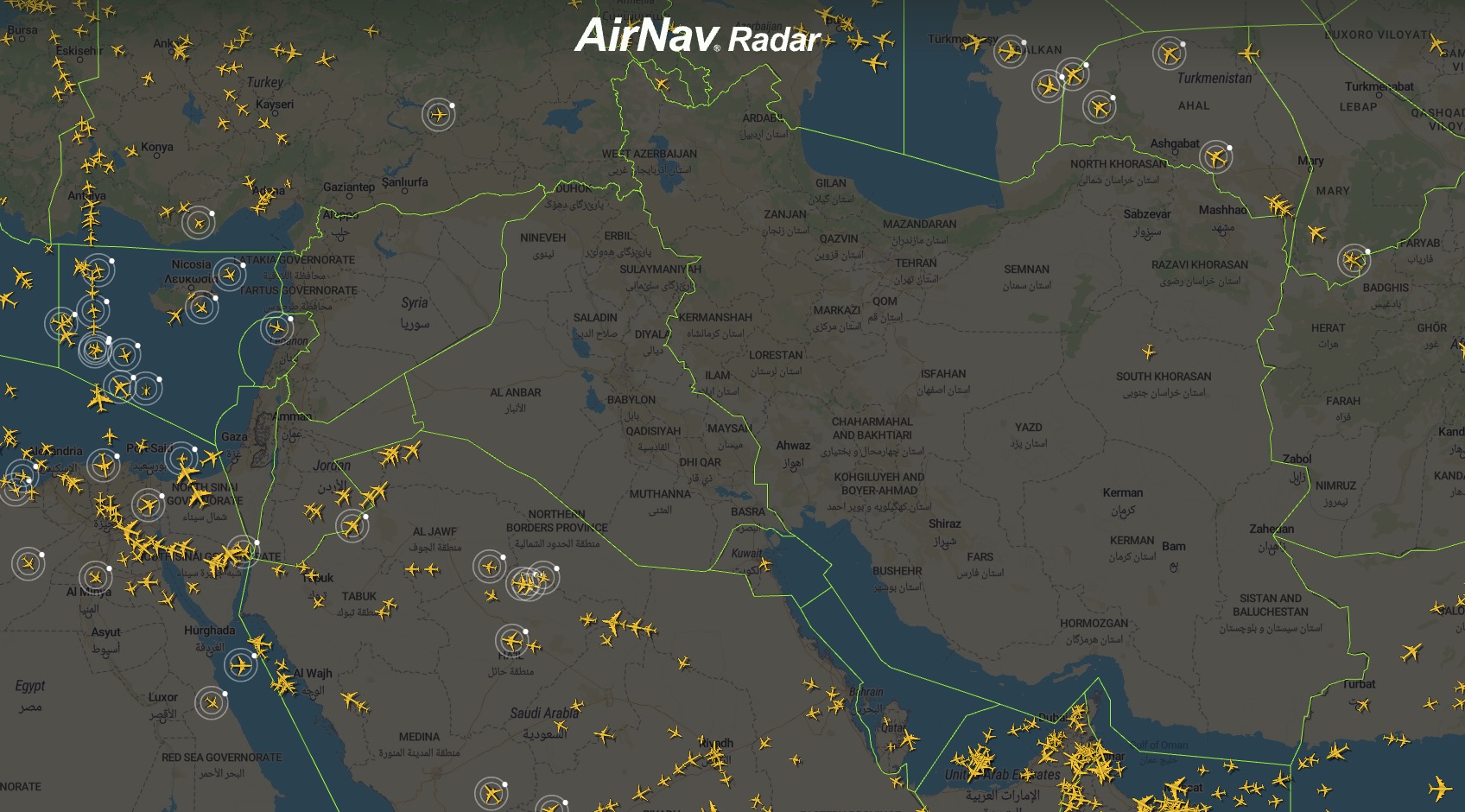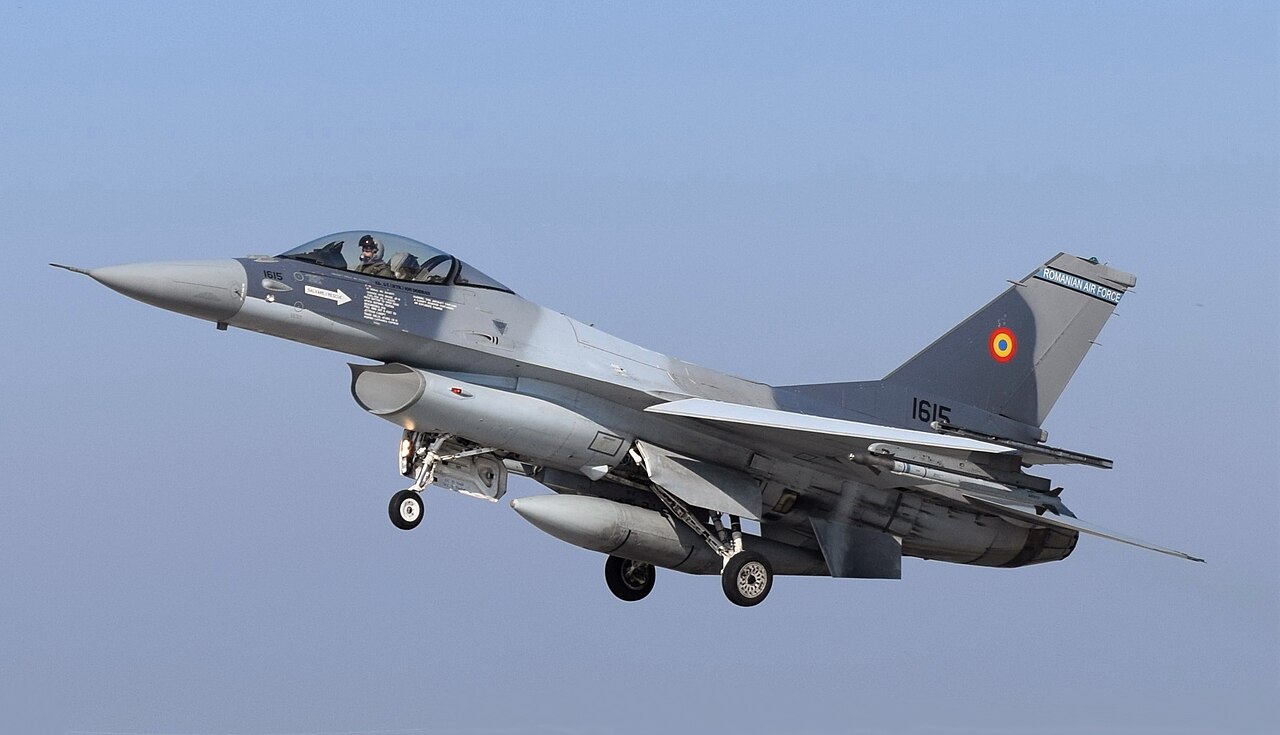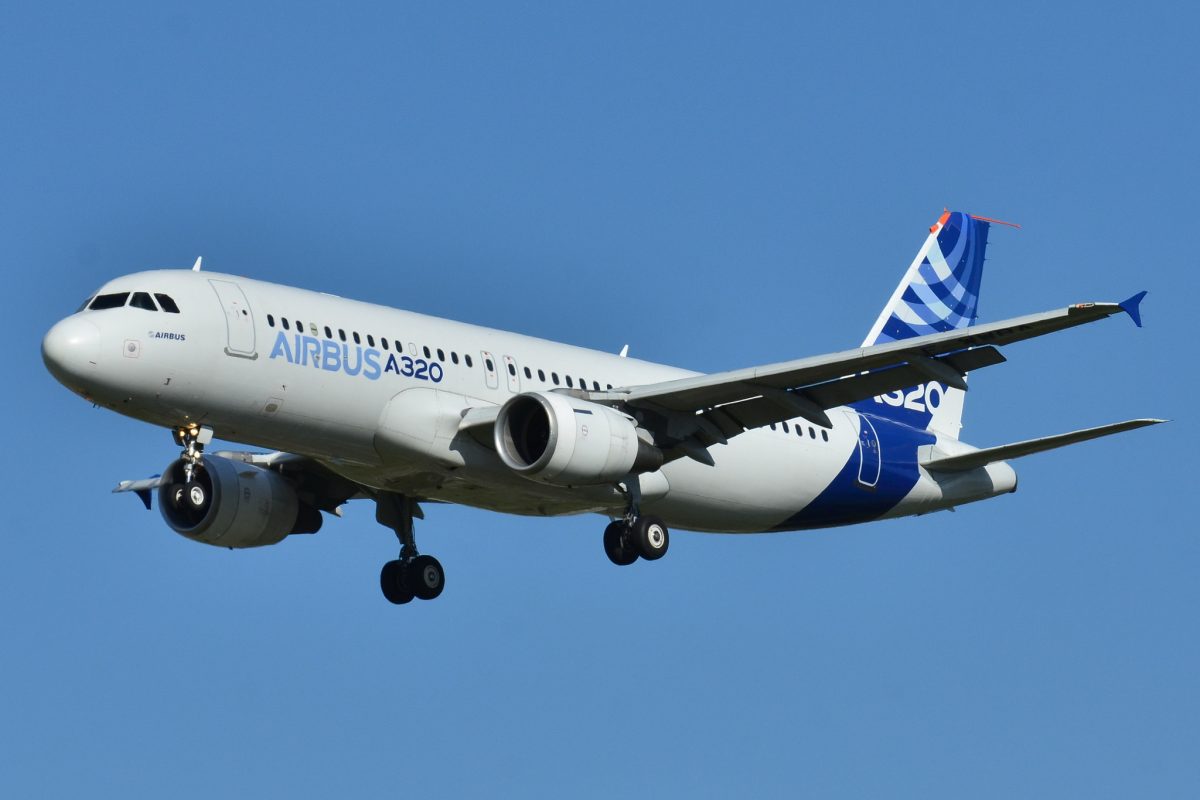
European plane manufacturer Airbus is looking at possibilities to increase the production rate for its most popular aircraft, the A320, to more than 70 planes per month but is facing serious problems.
Demand for the aircraft is still going strong and not only for the new A320neo with advanced engines, the old version is still selling better than Airbus has expected, which has led them to expand its production into 2021. With now over 6100 outstanding orders for all A320-family aircraft, the aircraft type is a big moneymaker for Airbus.
And obviously, Airbus doesn’t want to disappoint its customers nor wants them to change their Neo-orders to the Boeing 737 MAX, which currently has a shorter order-to-delivery time. So, the European plane-manufacturer is publicly thinking about increasing the production rate for the A320 to deliver their planes faster. From an anticipated 63 frames per month from 2019, Airbus plans to build at least 70 aircraft, possibly even going up to 75 planes per month in the future.
Airbus is increasing the production rates fast, the current backlog only for the A320-family would take 10 years to solely finish their current backlog, not taking another 4000 to 5000 possible plane-orders into account. Airbus is especially hoping for more orders from Asia, which has become the strongest market for single-aisle airplanes in the world.
But an increased production rate is coming with issues and Airbus is experiencing them right now in a way that effects the A320 production like no other problem would do: Engine manufacturers Pratt & Whitney and CFM are dealing with problems in their own production as well as technical problems at P&W, leading to a partial grounding of A320neo aircraft in India and with one grounded aircraft at launch customer Lufthansa.
It is believed that CFM is about one month behind schedule at delivering their new LEAP 1A and 1B engines, hampering production rates at both Airbus and Boeing. Technical difficulties at P&W’s new Turbofans are also hurting Bombardier’s new C-Series, of which Airbus intends to buy a 50.01% share later this year (takeover of the aircraft type was already announced in 2017).



